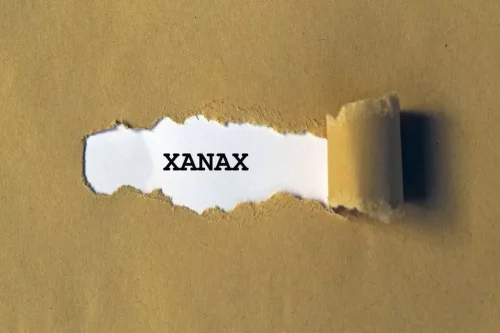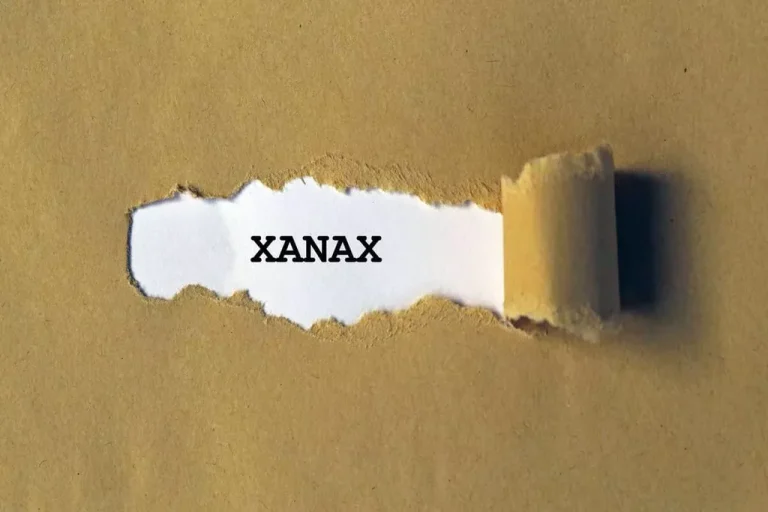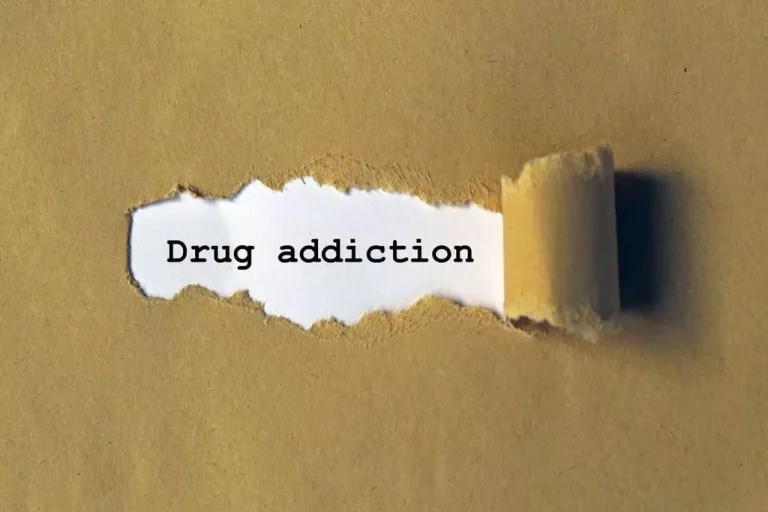
If eligible, we will create a treatment plan tailored to your specific needs. If The Recovery Village is not the right fit for you or your loved one, we will help refer https://ecosoberhouse.com/ you to a facility that is. We offer physician-led treatment for drug and alcohol addiction in Ohio. Call us today to speak with a Recovery Advocate for free about your treatment options.
Considerations When Drinking Alcohol with Chronic Kidney Disease
- “Normal” urine flow rate is 1 milliliter per minute (i.e., approximately 1 to 1.5 L/day), but this rate can vary widely, depending on water intake or dehydration level, for instance.
- Alcohol-induced urination reduced the subjects’ plasma volume, resulting in an increased concentration of plasma sodium.
- It also discusses the question is alcohol bad for your kidneys when you have kidney disease.
- Excessive drinking can have serious long-term effects on your health.
She has over 8 years working with chronic kidney disease, dialysis, and kidney transplant patients. Jen now focuses on sharing kidney-friendly information here at Plant-Powered Kidneys. Jen Hernandez is a registered dietitian and board-certified specialist in renal nutrition. She has nearly a decade of experience with kidney disease patients in all stages – from stage 1 through kidney transplant.
Risks of Alcohol Abuse with Kidney Disease

In this section, we will cover some nutritional areas that alcohol can impact when on a renal diet. One of the concerns about alcohol for kidney patients is the calories that come from drinks. One of the concerns about alcohol for kidney patients on a renal diet has been phosphorus. When considering the potassium in alcoholic beverages, look at the mixers and other ingredients. When it comes to knowing how much alcohol is dangerous for kidney health you first need to know how much is a drink.
Potassium
- The Centers for Disease Control estimates that most American adults (two out of three) drink alcohol.
- Since women, with a lower proportion of body water, have a smaller distribution volume for alcohol, they are more likely to have a higher concentration of alcohol in the blood than men.
- While there is no set amount of water you should be consuming, many medical professionals recommend drinking at least two full glasses of water for every alcoholic drink you use.
- Evidence also exists that alcohol-related damage to the liver, in particular advanced liver cirrhosis, leads to hepatorenal syndrome (HRS)—a deterioration in renal function related to impaired circulation.
When your kidneys don’t function the way they should, prescription and over-the-counter medications can build up in your blood and may cause additional damage to your kidneys or other parts of your body… If you are living with diabetes and kidney disease, it is important to stay in control of your blood sugar so you can be your healthiest and avoid other… But there’s plenty of research to back up the notion that alcohol does lead to weight gain in general. With continued alcohol use, steatotic liver disease can lead to liver fibrosis. Eventually, you can develop permanent and irreversible scarring in your liver, which is called cirrhosis.


As the National Institute of Diabetes and Digestive and Kidney Diseases (NIDDKD) explains, the kidneys contain tiny, finger-like structures called nephrons. These filter waste products from the blood and maintain the balance of water and minerals in the bloodstream. Nonetheless, the reviewers note that alcohol metabolism produces free radicals and other harmful by-products that are known to damage the body’s organs and tissues. The difficulties in successfully managing dilutional hyponatremia have resulted in the recent emergence of a promising class of new drugs to treat this abnormality. Specifically, drugs known as arginine vasopressin antagonists are being developed to inhibit ADH at the cell receptor level. These new drugs should dramatically facilitate treatment of cirrhotic patients with impaired fluid handling.

How Alcohol Affects Your Kidney Health
Chronic kidney disease occurs when the kidneys are damaged and unable to function correctly. This condition is typically permanent and sometimes requires dialysis, a form of life support where a machine performs the filtering function of your kidneys. The damage chronic alcohol use creates doubles your risk of chronic kidney disease. This risk is five times higher if you smoke in addition to drinking.
- The kidneys have such a vital role in cleaning the body and ensuring that the many other systems within the body function properly, that any impairment to their tasks can be the start of many severe problems, some lifelong and some fatal.
- Despite the multiple possible causes of acidosis, disturbances in acid-base balance are more frequently manifested as low acidity (i.e., alkalosis).
- That said, epidemiological data have yet to confirm a relationship between alcohol consumption and chronic kidney disease.
- While drinking alcohol in moderation (one or two drinks every once in a while), probably won’t harm your body, excessive alcohol consumption can have negative effects on your physical and mental health.
Cancer risk
Alcohol affects the kidneys’ ability to keep the correct balance of water and electrolytes in the body. This leads to impaired function of the kidneys and increases the risk of developing kidney stones. Chronic dehydration puts you at greater risk for these adverse effects. The human body has dozens of vital organs, and the kidneys are among the most important. They regulate water intake and outtake, they balance the amount of minerals in the body, and they produce vital hormones, according to the Kidney Foundation of Canada.
Results
The key here is that alcohol can otherwise be dehydrated if you do not drink enough water to replenish what you lose from alcohol. We will cover the nutritional aspects of how alcohol can effect the kidneys. In some cases, a renal vitamin or multivitamin may be recommended to you by your dietitian. Be sure to discuss with your healthcare team which type of vitamin and dose is best for you.
Kidneys are essential to keeping the body healthy and free of harmful substances such as alcohol. The kidneys also maintain the proper balance of fluid and electrolytes. Ask your healthcare provider if it is safe for you how alcohol affects the kidneys to drink, especially if you have a medical condition or take medicines that might be affected by using alcohol. Women, older people, and those with smaller bodies should be especially careful. Heavy drinking can also lead to a host of health concerns, like brain damage, heart disease, cirrhosis of the liver and even certain kinds of cancer. If you currently have kidney dysfunction it is best to talk to your healthcare team about how much if any alcohol you should be drinking.
0 Comments
Leave A Comment